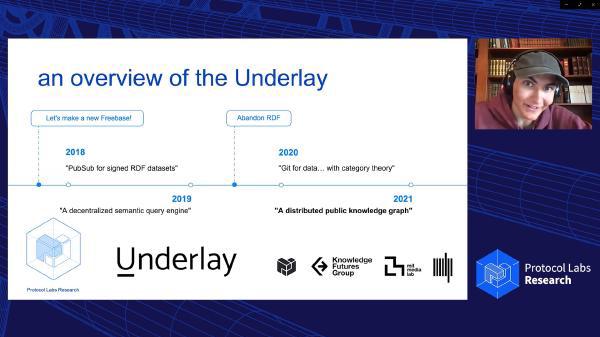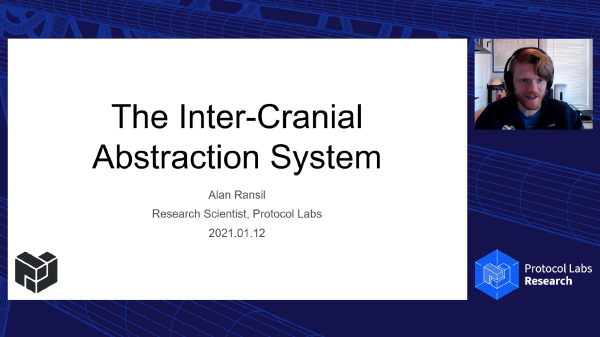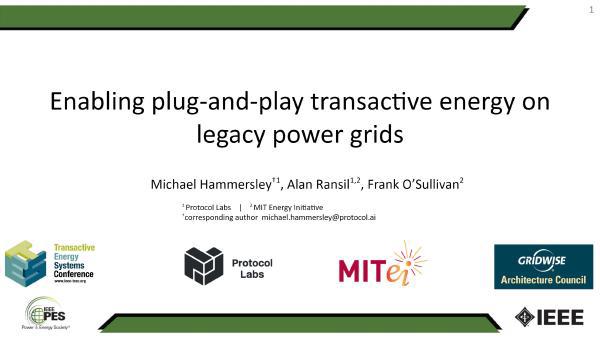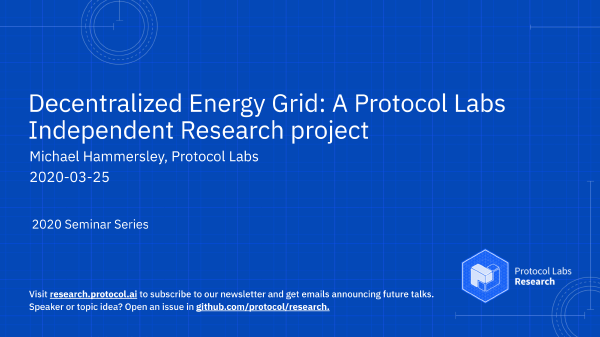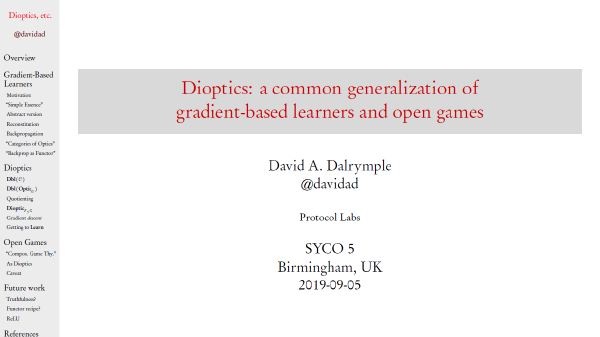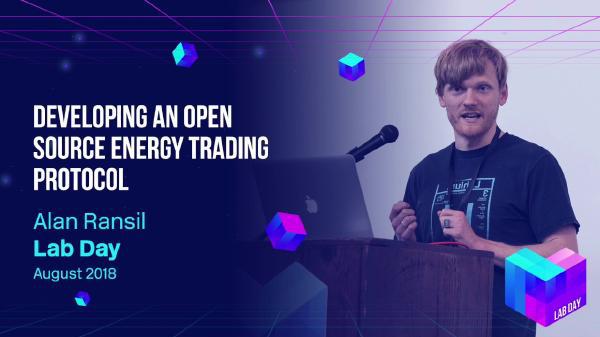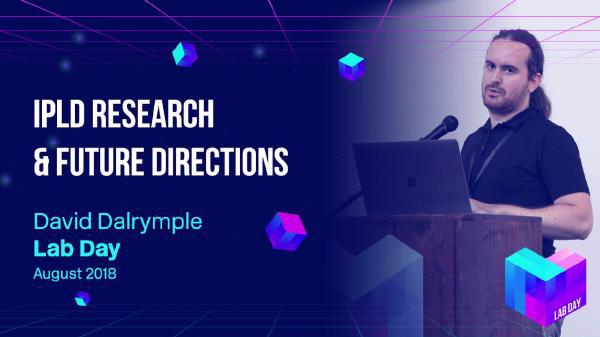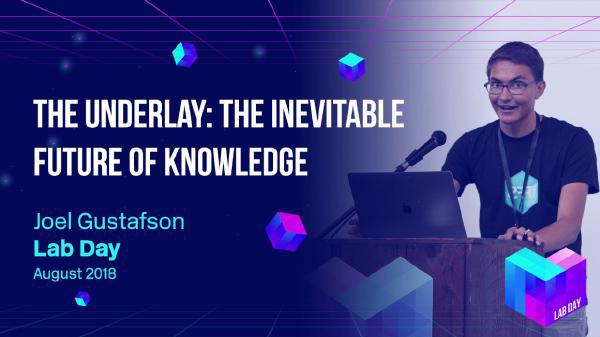The AbstractionLab houses several independent research projects directly exploring the future of decentralization and how infrastructure affects technological possibilities.
Formerly known as the Independent Research Group, AbstractionLab is currently home to three projects scouting the frontiers of the adjacent possible.
The Decentralized Energy Project
The Decentralized Energy Project is a collaboration with the MIT Energy Initiative bringing PL’s expertise in distributed systems to bear on the architecture of the public energy grid. Led by researchers Michael Hammersley and Alan Ransil, the Energy Project explores a potential evolutionary trajectory of grid infrastructure toward a decentralized system incorporating distributed energy generation. The project has formulated a functionally-defined, invariant architecture for the grid and is working with stakeholders in the energy sector to evaluate potential directions inmicrogrid develpment.
The Inter-Cranial Abstraction System
The Inter-Cranial Abstraction System is a framework for computable knowledge. The ICAS project, led by researcher Alan Ransil, integrates applied category theory with dual-process theory to build a flexible system for computation over scientific datasets, with the aim of accelerating combinatorial knowledge generation.
The Underlay
The Underlay — a project developed by researcher Joel Gustafson in collaboration with the MIT Knowledge Futures Group—aims to provide open access to humanity’s knowledge in a distributed knowledge graph while simultaneously tracing the provenance of each knowledge artefact.

